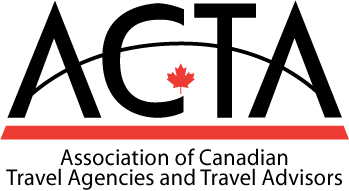Air Canada Suit Is Grounded
www.blacklocks.ca - Dale Smith
The Supreme Court has sidestepped a case of alleged unfair tax collections by Air Canada. A group of passengers had sought unsuccessfully since 2008 to press class action claims the airline levied taxes that travellers did not have to pay.
Justices declined to hear a final appeal in the case. “The Supreme Court only determines if the case is of sufficient national importance to grant leave,” said Eugene Meehan, Q.C., partner with Supreme Advocacy LLP of Ottawa. “It does not mean the judgment below, and below that one as well, are correct or not.”
The case originated with complaints by two Ontarians that they were charged American taxes that didn’t apply to flights they booked with Air Canada. In one instance, a Canadian living in the U.S. booking flights within Canada was charged a “U.S.A. Transportation Tax” and “U.S. Flight Segment Tax”.
Both levies are imposed under an American Internal Revenue Code that taxes only flights that begin and end within the United States, and fly over U.S. territory or a “225-mile zone” covering border regions of Canada and Mexico.
In another case, a Canadian passenger was charged a similar tax for a flight from Calgary to Los Angeles. “The issue of airline taxes and fees, as well as jurisdiction, can of course be visited later by Canada’s highest court,” Meehan said.
Ontario Superior Court earlier endorsed part of the class action claims, but was overturned on appeal in a dispute over tax sovereignty and whether passengers should have sued in U.S. courts. “We should operate from a presumption that a foreign state does not intend to infringe upon Canadian sovereignty by attempting to regulate persons or conduct within our territory,” wrote Justice George Strathy for the Court of Appeal. “Before we engage in the interpretation of foreign revenue law which is said to have that effect, we ought to require the party alleging infringement to raise the issue in the appropriate forum in the foreign state.”
At the Supreme Court of Canada, a panel of three justices ruled against hearing the case but granted costs.
